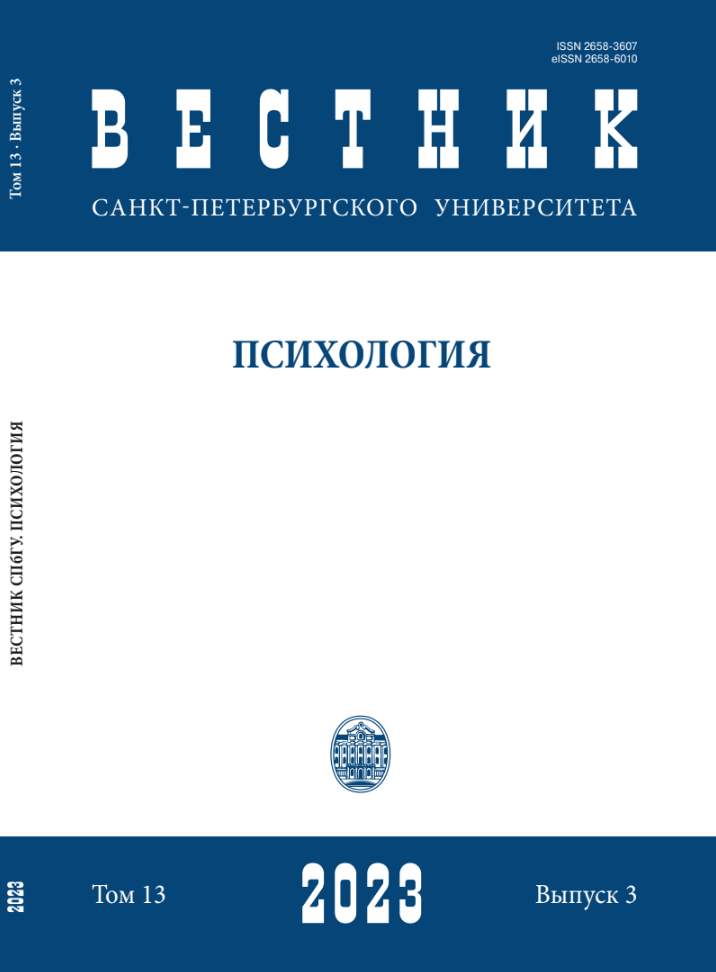Metacognitive monitoring and control in distributed cognition
DOI:
https://doi.org/10.21638/spbu16.2023.303Abstract
Today we experience an ongoing expansion of the range of available information, advanced communication technologies, and an increase in multitasking. This has resulted in a distributed nature of cognitive activity, where external resources, devices and other people are involved. That’s why the development of metacognitive knowledge and strategies is crucial for effective usage of one’s own cognitive abilities, as well as cultural and technological advances. In this review we analyze and describe the specifics of metacognitive monitoring and control in the context of distributed cognition. First of all, we consider different approaches to explaining how metacognitive judgments are formed, we then analyze empirical studies of the involvement of metacognitive judgments in regulation of cognitive performance. The article emphasizes the importance of metacognitive experiences and judgments in prevention and correction of cognitive errors, searching for and integrating information from external sources, and making joint decisions. It has been shown that metacognitive experiences and judgments based on them play a crucial role in building representations of one’s own competence when solving the problem. Metacognitive experiences are also involved in regulating the search for information, initiating cognitive offloading and seeking help from others. They also play an important role in the formation of epistemic trust in other people and accepting their advices, improving effectiveness through social verification of knowledge, and are used as heuristic in joint decisions making
Keywords:
metacognition, metacognitive experience, distributed cognition, cognitive offloading, explore-exploit trade-off, epistemic trust, confidence heuristic
Downloads
References
References
Downloads
Published
How to Cite
Issue
Section
License
Articles of "Vestnik of Saint Petersburg University. Psychology" are open access distributed under the terms of the License Agreement with Saint Petersburg State University, which permits to the authors unrestricted distribution and self-archiving free of charge.




